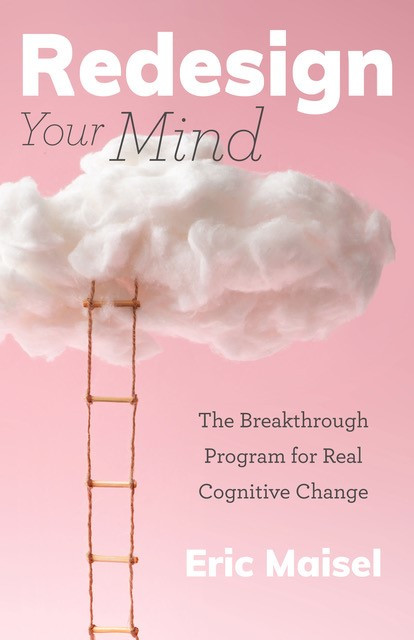Move yourself closer to your goals by learning how to productively obsess.
I’m suggesting that you choose your obsessions, rather than letting them choose you, and that you move yourself closer to your goals by learning how to productively obsess. You create worthy obsessions that you chew on, struggle with, and love, and these serial productive obsessions become the central tool you use to manifest your potential and realize your dreams.
Rather than thinking about a million things, which amounts to thinking about nothing, and maintaining only a low-level interest in and enthusiasm about life, you announce to your brain that you have a fine use for it and that you intend to move it to a higher gear. It is an engine meant to perform in that higher gear and, having been waiting for your invitation, it will respond beautifully.
Most of our obsessions are not of our own choosing and do not serve us. They arise because we are anxious creatures and our unproductive thoughts cycle repeatedly to the beat of that anxiety. Against our will, we obsess about the indignity of getting older, about changing our partner’s supercilious attitude, about reconciling with a hostile parent, about catching a dreaded disease, about securing our next drink. We obsess about some trivial matter at work and, that matter having been resolved, we obsess about the next trivial matter at work. We obsess about things that we want to happen, like winning the lottery, and about things that we don’t want to happen, like getting wrinkles. Our mind, which ought to be ours, is stolen away by anxiety thieves.
Even if they do not have that disorder called obsessive-compulsive disorder, many people are driven by anxiety to obsess in unproductive ways. Their unwanted, intrusive thoughts—the textbook definition of an obsession—often lead them to compulsive behaviors like searching endlessly for youth enhancers, washing their hands raw, drinking alcoholically, or never really leaving their job at the office. Obsessive thoughts do not always lead to compulsive behaviors but they regularly do, so regularly that the two ideas have become joined in the same breath as obsessive-compulsive disorder.
These are unproductive obsessions—they do not serve us. They waste our precious time, occupy our finite neurons, robbing us of their availability, and pressure us to behave compulsively in ways that amount to further self-disservice. Anxiety fuels these obsessions and the effort to relieve our anxiety leads us to pointless, questionable, or dangerous behaviors intended to quiet our nerves and banish the anxiety. Our own nervous system puts us under enormous pressure and produces all sorts of unhappy effects in addition to our unproductive obsessing. We become hyper-vigilant, easily startled, prone to opportunistic illnesses, unable to sleep, or easily fatigued. Anxiety throws us a party of problems, with unproductive obsessions the guest of honor.
This happens because of the sort of creature that we are. We have evolved with prominent bits of an ancient brain and prominent bits of a modern brain, survival instincts and a moral apparatus, primitive appetites and subtle consciousness. We are the sort of creature that can conjure worry from the look of the sky, make a choice between surviving at all costs or laying down our life for a cause, eat too many peanuts one minute and compose a haunting love song the next, and in countless curious ways contradict and confuse ourselves. Fueled by an energy source that keeps our heart pumping and our mind racing, we are pressured to obsess unproductively; or, if we can get a grip on our mind, to obsess productively. Isn’t this the perfect time to choose your next productive obsession?
To learn more about the ideas presented in this blog post, please see two of Dr. Maisel’s titles, Redesign Your Mind: The Breakthrough Program for Real Cognitive Change and Brainstorm: Harnessing the Power of Productive Obsessions
—
This post is one in a series of Redesign Your Mind posts on the art of productive obsessions


